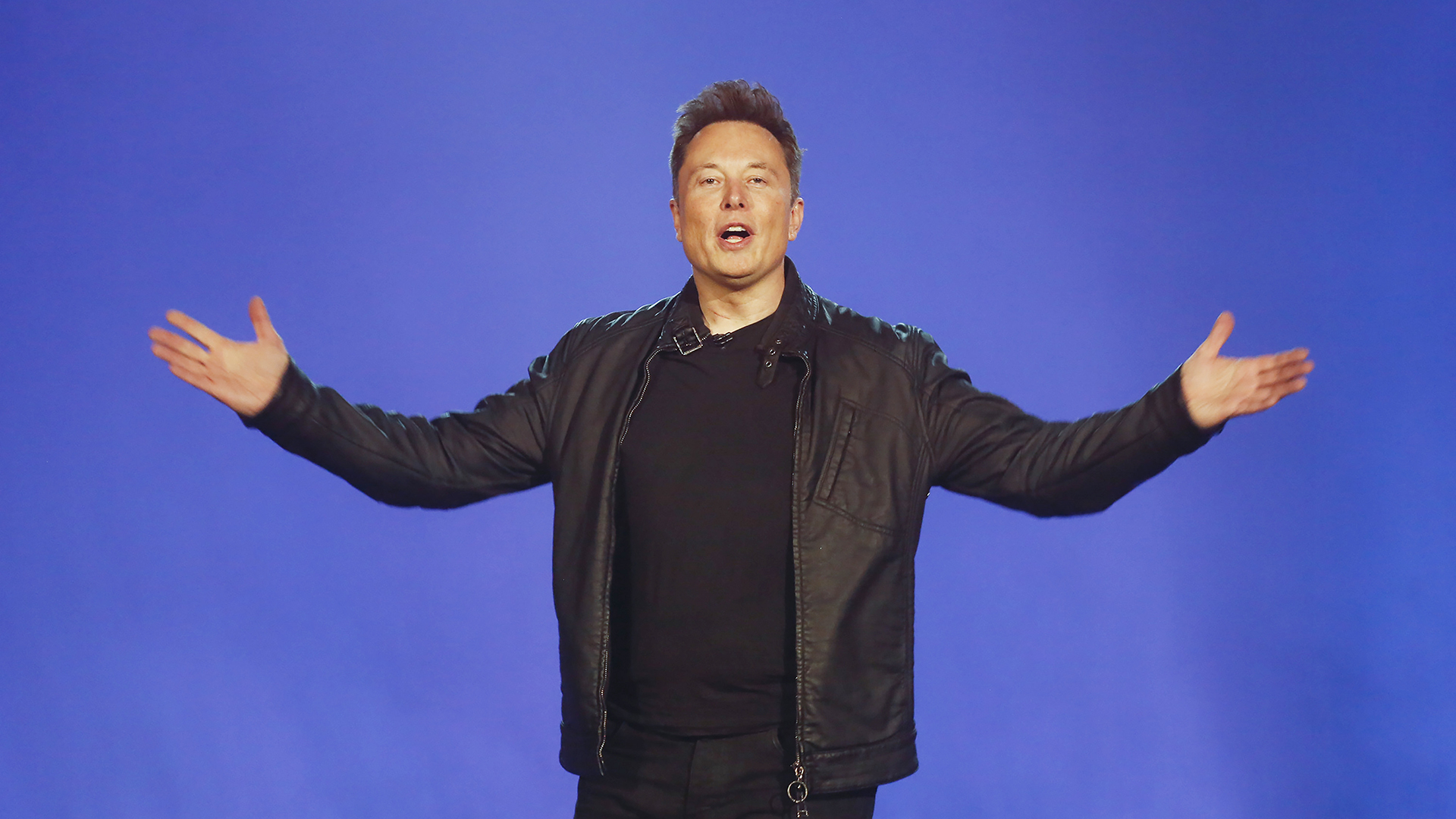

Tesla CEO Elon Musk’s tweets have shown the power to move markets, shift the values of entire companies up and down, and repeatedly draw the ire of America’s financial regulators. Now, a week after he announced a big investment into Twitter and then some back-and-forth as to whether he’d also serve on their board, Musk announced—via Twitter, of course, but also a Securities and Exchange Commission filing—that he wants to buy the social media platform outright for about $43 billion and take it private.
The entire filing, such as it is, can be read on the SEC’s website here. In it, Musk sheds some light on what he thinks of Twitter’s current direction (naturally, it’s not positive) and hints at why he didn’t end up joining Twitter’s board as was originally indicated.
“…I believe free speech is a societal imperative for a functioning democracy. However, since making my investment I now realize the company will neither thrive nor serve this societal imperative in its current form. Twitter needs to be transformed as a private company,” Musk said in the filing. “As a result, I am offering to buy 100 percent of Twitter for $54.20 per share in cash, a 54 percent premium over the day before I began investing in Twitter and a 38 percent premium over the day before my investment was publicly announced. My offer is my best and final offer and if it is not accepted, I would need to reconsider my position as a shareholder.”
Musk added: “Twitter has extraordinary potential. I will unlock it.”
Let’s back up a moment and recap how we even got to this point. Last week, Musk disclosed he had a 9.2 percent stake in Twitter worth $2.9 billion—although that investment was made sometime in March—and following that news, he was offered a seat on Twitter’s board. The world’s richest man (worth approximately $260 billion, per Bloomberg) who is also head of a private spaceflight company, then spent days tweeting out jokes and weed memes.
Musk also spent the weekend being critical of the platform, including asking his followers whether the company should turn its San Francisco headquarters into a shelter for unhoused people. He later deleted some of those tweets; they followed his earlier polls to his 82 million followers over a lack of an edit button on the platform and other features.
On Sunday, however, Twitter CEO Parag Agrawal announced Musk “decided not to join” the board, and that he agreed the move was for the best. While it remains unclear exactly why Musk didn’t end up on Twitter’s board, today’s SEC filing may shed some light on that situation: Musk is clearly upset with the company’s current direction and seems to want some kind of significant overhaul.
“I am not playing the back-and-forth game,” reads a voice transcript included in the filing. “I have moved straight to the end. It’s a high price and your shareholders will love it. If the deal doesn’t work, given that I don’t have confidence in management nor do I believe I can drive the necessary change in the public market, I would need to reconsider my position as a shareholder. This is not a threat, it’s simply not a good investment without the changes that need to be made. And those changes won’t happen without taking the company private.”
It feels like a longshot move, to say the least, for Twitter’s board and investors to hand the company over to Musk’s private ownership. If that did happen, however, it would put the world’s wealthiest men and one of its most powerful industrialists directly in complete control of an entire social media platform. While Musk has made claims about how “free speech is a societal imperative for a functioning democracy,” both in this SEC filing and in similar public statements, the importance of Twitter to his personal brand and to his companies cannot be overstated.
For years, Tesla itself has not had a dedicated PR or media relations team to deal with the public, customers or journalists; Musk’s Twitter account has largely taken the place of that, and it, along with his ostentatious keynote events, are his preferred platforms for communicating with people and making announcements about new products and delays. Musk’s ownership of Twitter would put him in charge of his most crucial platform, and one would assume those concerns would take priority over his thoughts about democracy.
Furthermore, the Los Angeles Times reported just this week that research indicates Tesla’s Twitter following—including, most importantly, countless bot accounts—have been essential to building the $TSLA brand and stock price. “Over the 10-year study period, of about 1.4 million tweets from the top 400 accounts posting to the ‘cashtag’ $TSLA, 10% were produced by bots. Of 157,000 tweets posted to the hashtag #TSLA, 23% were from bots, the research showed,” the paper reported. So while Twitter still boasts fewer users than other platforms like Facebook and Instagram, and its growth has stalled in recent years, it has played a major role in building up Tesla among financial tastemakers and remains of key strategic importance to Musk’s business ventures.
Whether Twitter’s leadership will accept this offer remains deeply unclear, but one way or another, we’ll probably hear from Musk about it soon—on Twitter.
Contact the author: patrick@thedrive.com